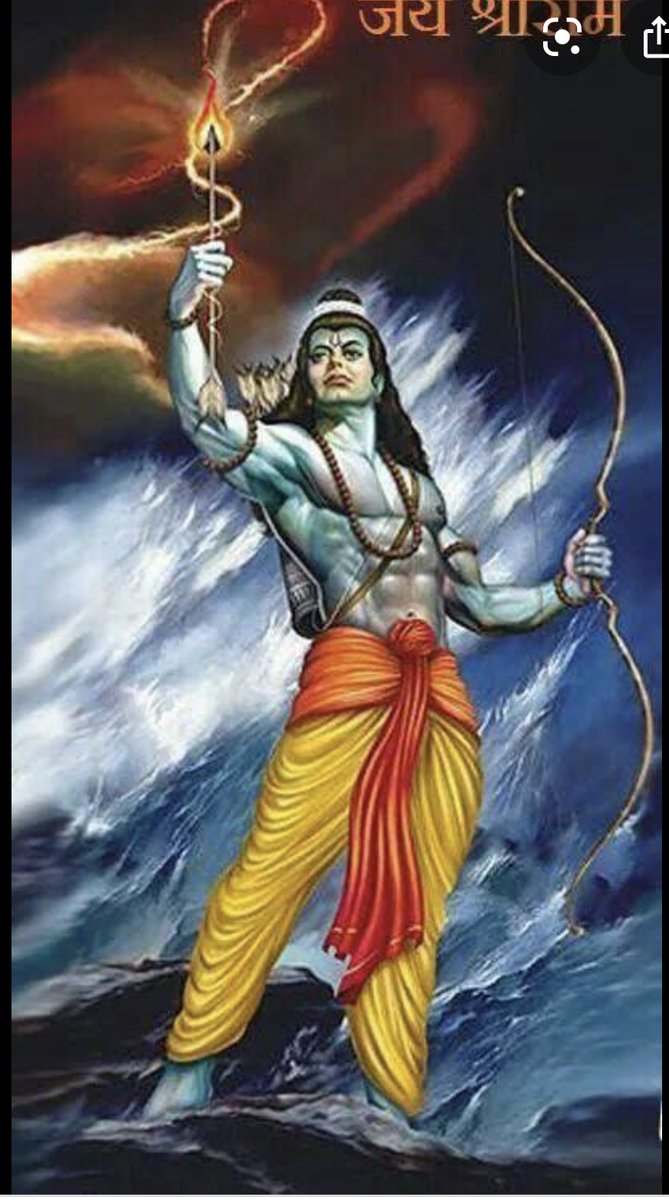Translation: ‘One should wake up in the brahma muhurta for sustaining perfect health and for achieving a long life span, as desired. ++
Brahma muhurta is a period of two muhurtas , or about one and a half hours before dawn. Ayurveda and Yoga recommend waking every day before dawn, to align with oneself with earth’s cycles, achieve good health & for spiritual awakening.. ++
Translation: ‘One should wake up in the brahma muhurta for sustaining perfect health and for achieving a long life span, as desired. ++
~Increases energy level
~Helps maintain the balance of blood pH
~Relieves pain, soreness, and cramps
~Enhances the absorption of minerals and vitamins
More from Religion
Chandeshwara gave importance to Shiva Puja&protection of cows.
His bhakti for Bhagwan Shiva elevated him as one of foremost among 64 Nayanmars.
He is regarded as custodian of Shiva Temple's wealth& most of Shiva temples in South India has separate sannathi for him
#Thread 👇
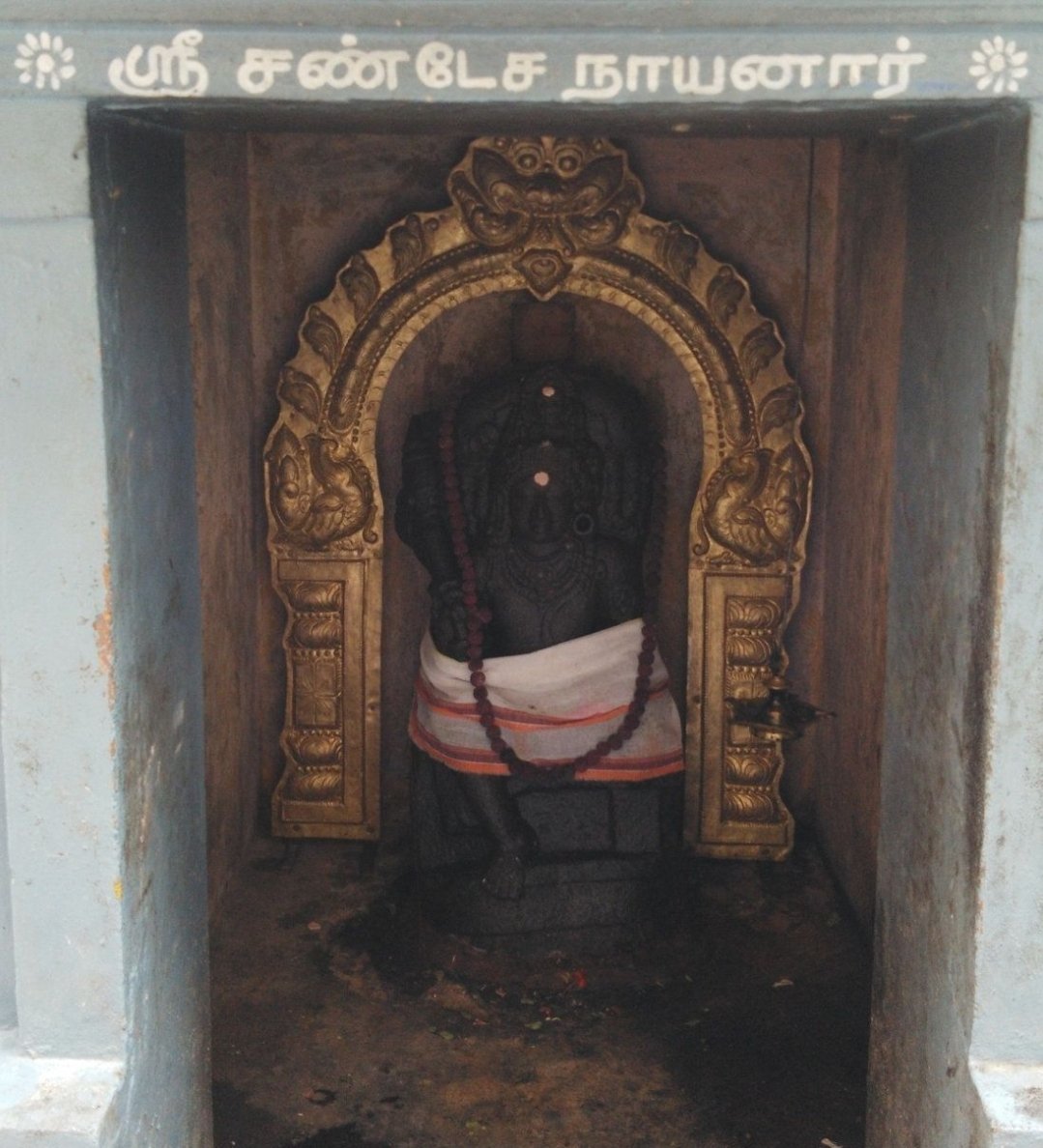
There are series of paintings, illustrating the #story of Chandikeshwar in the premises of
Sri Sathiyagireeswarar #Temple - Seinganur,near Kumbakonam,TN
Chandikeshwara's birth name
is Vichara sarman.He was born in the village Seinganur on the banks of River Manni.
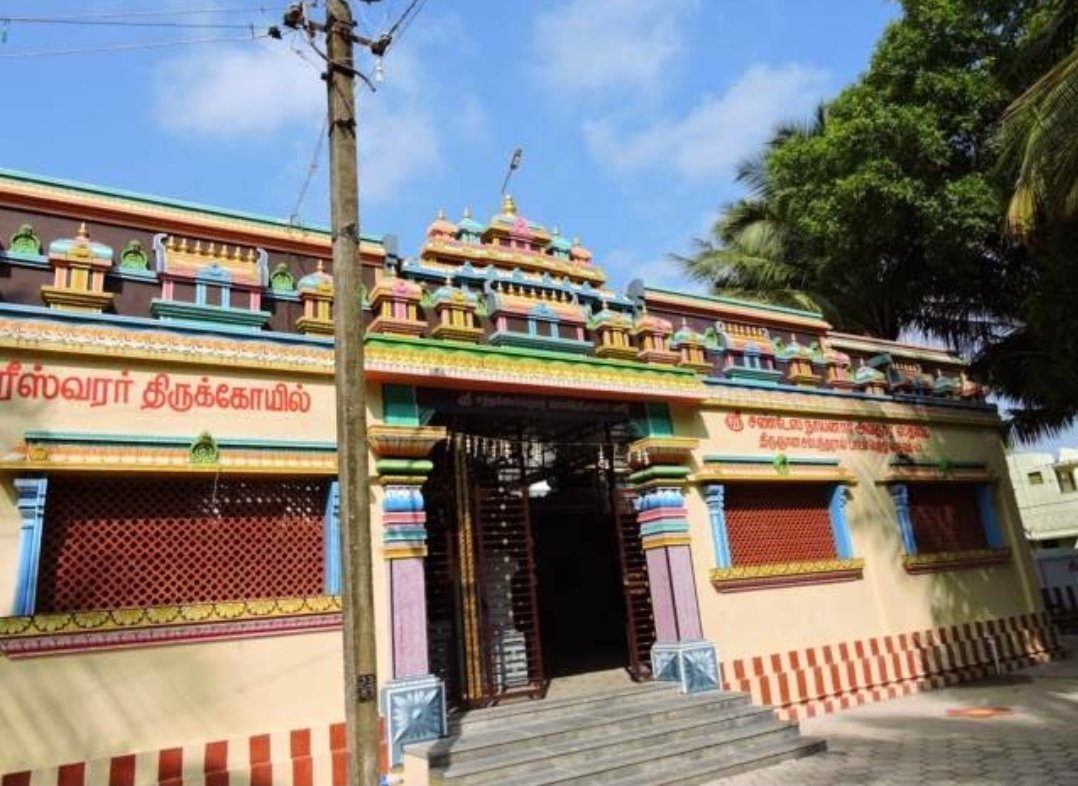
His Parent names were Yajna Thatan and Pavithrai.
Vichara Sarmar was gifted child and he learnt the Vedas and agamas at a very young age.
He was very devout and would always think about Bhagwan Shiva.
One day he saw a cowherd brutally assaulting a cow,Vichara Sarmar could not tolerate this. He spoke to cowherd: ‘Do you not know that the cow is worshipful and divine? All gods & devas reside in https://t.co/ElLcI5ppsK it is our duty to protect cows,not to harm them.
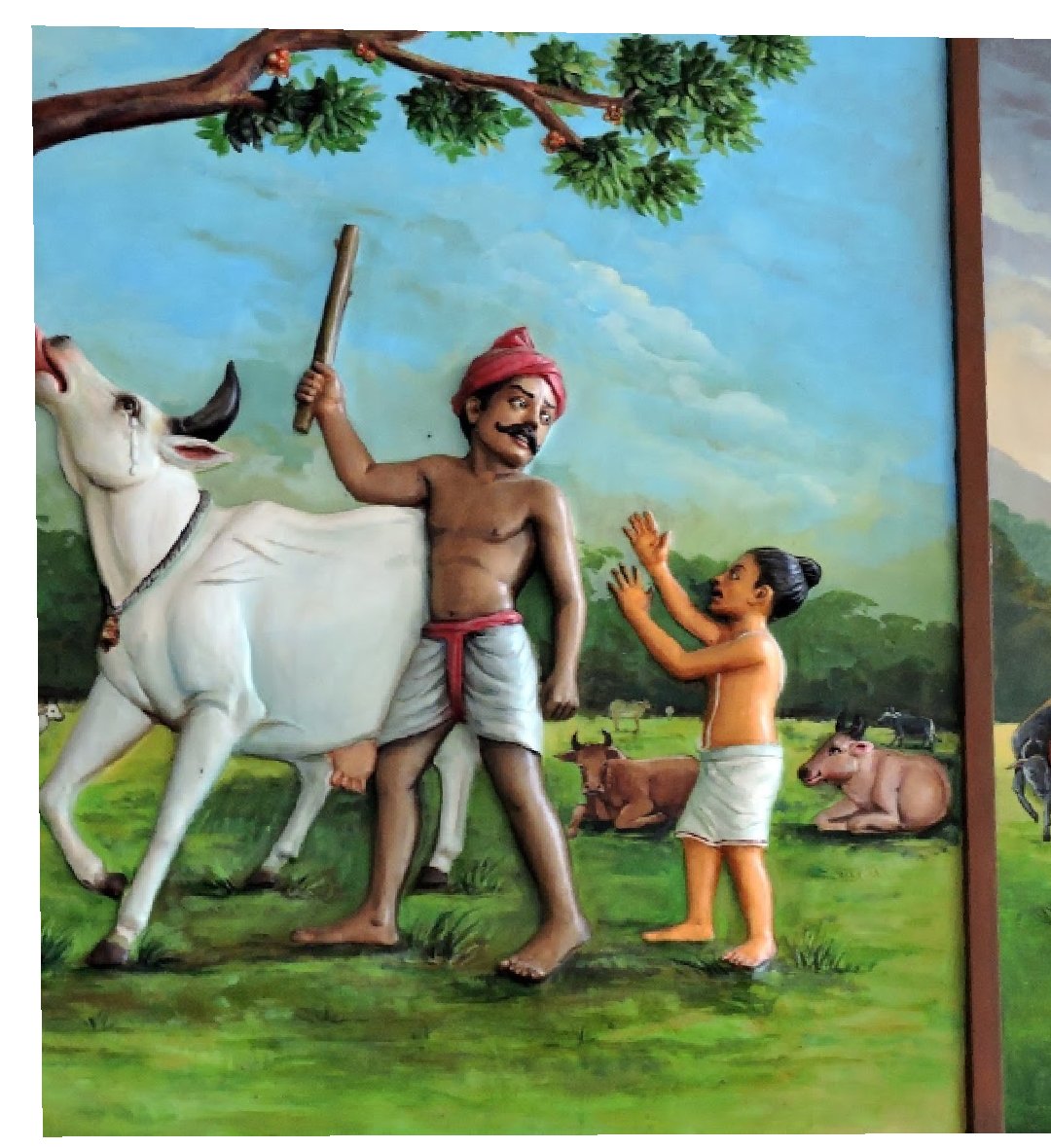
He was very angry on seeing the rude behaviour of the cowherd, Vichara sarma took up the duty of tending the cows himself.From that day onwards,the cows looked happier and yielded more milk.Cows grew healthier due to care showered by him on them.

His bhakti for Bhagwan Shiva elevated him as one of foremost among 64 Nayanmars.
He is regarded as custodian of Shiva Temple's wealth& most of Shiva temples in South India has separate sannathi for him
#Thread 👇

There are series of paintings, illustrating the #story of Chandikeshwar in the premises of
Sri Sathiyagireeswarar #Temple - Seinganur,near Kumbakonam,TN
Chandikeshwara's birth name
is Vichara sarman.He was born in the village Seinganur on the banks of River Manni.

His Parent names were Yajna Thatan and Pavithrai.
Vichara Sarmar was gifted child and he learnt the Vedas and agamas at a very young age.
He was very devout and would always think about Bhagwan Shiva.
One day he saw a cowherd brutally assaulting a cow,Vichara Sarmar could not tolerate this. He spoke to cowherd: ‘Do you not know that the cow is worshipful and divine? All gods & devas reside in https://t.co/ElLcI5ppsK it is our duty to protect cows,not to harm them.

He was very angry on seeing the rude behaviour of the cowherd, Vichara sarma took up the duty of tending the cows himself.From that day onwards,the cows looked happier and yielded more milk.Cows grew healthier due to care showered by him on them.

You May Also Like
Speech Delay is most common in children nowadays
In ancient times, our grandparents used to follow typical natural way of caring the needs of a child. All they used were more of natural products than chemical based for the growth of child.

One of major step followed was to feed Gurbach Jadd/ Vasa Kommu/ Acorus Calamus for initiating good speech ability in a child. This stem was needed to babies on Tuesdays and Sundays in mother's milk.
Vasa is feed to baby after the 1st bath on 12th day in week. Weekly only thrice it is fed and named as :
Budhwar - Budhi Vasa
Mangalwar - Vaak Vasa
Ravi Vaar - Aayush Vasa
This stem is burnt and rubbed against the grinding stone in mother's milk or warm water to get a paste
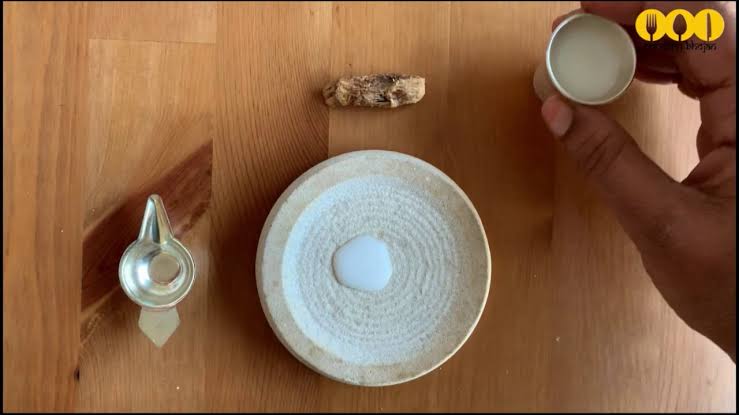
The procedure to make it is in the link
https://t.co/uo4sGp7mUm
It should not be given daily to the child. Other main benefits are
1. It clears the phlegm in child's throat caused due to continuous milk intake. It clears the tracts and breathing is effortless.
2. Digestion
For children who haven't got their speech and is delayed than usual should feed this vasa on these days in week atleast for 6months. Don't get carried away with this dialogue
"Some gain speech little late"
In ancient times, our grandparents used to follow typical natural way of caring the needs of a child. All they used were more of natural products than chemical based for the growth of child.

One of major step followed was to feed Gurbach Jadd/ Vasa Kommu/ Acorus Calamus for initiating good speech ability in a child. This stem was needed to babies on Tuesdays and Sundays in mother's milk.
Vasa is feed to baby after the 1st bath on 12th day in week. Weekly only thrice it is fed and named as :
Budhwar - Budhi Vasa
Mangalwar - Vaak Vasa
Ravi Vaar - Aayush Vasa
This stem is burnt and rubbed against the grinding stone in mother's milk or warm water to get a paste

The procedure to make it is in the link
https://t.co/uo4sGp7mUm
It should not be given daily to the child. Other main benefits are
1. It clears the phlegm in child's throat caused due to continuous milk intake. It clears the tracts and breathing is effortless.
2. Digestion
For children who haven't got their speech and is delayed than usual should feed this vasa on these days in week atleast for 6months. Don't get carried away with this dialogue
"Some gain speech little late"
Trending news of The Rock's daughter Simone Johnson's announcing her new Stage Name is breaking our Versus tool because "Wrestling Name" isn't in our database!
Here's the most useful #Factualist comparison pages #Thread 🧵

What is the difference between “pseudonym” and “stage name?”
Pseudonym means “a fictitious name (more literally, a false name), as those used by writers and movie stars,” while stage name is “the pseudonym of an entertainer.”
https://t.co/hT5XPkTepy #english #wiki #wikidiff
People also found this comparison helpful:
Alias #versus Stage Name: What’s the difference?
Alias means “another name; an assumed name,” while stage name means “the pseudonym of an entertainer.”
https://t.co/Kf7uVKekMd #Etymology #words
Another common #question:
What is the difference between “alias” and “pseudonym?”
As nouns alias means “another name; an assumed name,” while pseudonym means “a fictitious name (more literally, a false name), as those used by writers and movie
Here is a very basic #comparison: "Name versus Stage Name"
As #nouns, the difference is that name means “any nounal word or phrase which indicates a particular person, place, class, or thing,” but stage name means “the pseudonym of an
Here's the most useful #Factualist comparison pages #Thread 🧵

What is the difference between “pseudonym” and “stage name?”
Pseudonym means “a fictitious name (more literally, a false name), as those used by writers and movie stars,” while stage name is “the pseudonym of an entertainer.”
https://t.co/hT5XPkTepy #english #wiki #wikidiff
People also found this comparison helpful:
Alias #versus Stage Name: What’s the difference?
Alias means “another name; an assumed name,” while stage name means “the pseudonym of an entertainer.”
https://t.co/Kf7uVKekMd #Etymology #words
Another common #question:
What is the difference between “alias” and “pseudonym?”
As nouns alias means “another name; an assumed name,” while pseudonym means “a fictitious name (more literally, a false name), as those used by writers and movie
Here is a very basic #comparison: "Name versus Stage Name"
As #nouns, the difference is that name means “any nounal word or phrase which indicates a particular person, place, class, or thing,” but stage name means “the pseudonym of an





